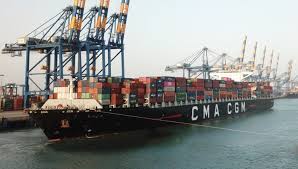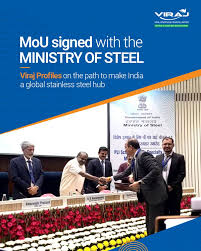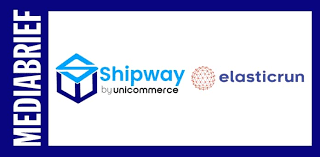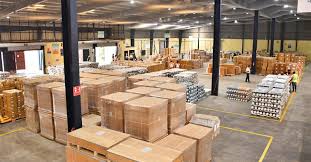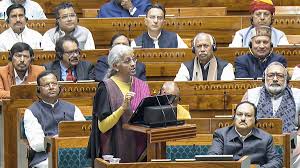India’s air cargo future hinges on two essentials: customs clarity and digital connectivity. Dr Joshua Ebenezer and Amit Maheshwari reveal how legal reform and intelligent platforms can unlock speed, trust, and billions in trade.

Clearing the fog of classification
“Advance rulings must become trade’s trusted flight path”
India’s air cargo ambitions often stall before take-off, not due to lack of infrastructure, but because of customs ambiguity. Dr Joshua Ebenezer, Principal Consultant, NuCov FaciliTrade, recounts the story of Ms Aijeleth, an importer whose solar panel components were delayed and overtaxed due to conflicting tariff classifications. “Were these solar cells or electronic circuits?” she asked, as duty rates swung between 7.5 and 15 percent. The result? Delays, inflated costs, and a logistics runway clogged with red tape.
India’s Advance Rulings system, introduced in 1999, was meant to be the crystal ball for importers, a way to get clarity before cargo lands. “Think of it as a crystal ball for importers,” says Dr Ebenezer. When it works, it transforms air cargo into a precision instrument. But when it fails, as it did in Ms Aijeleth’s second attempt, it exposes systemic cracks: limited appeal options, slow response times, and inconsistent rulings.
Lessons from the EU’s supersonic model
Across the globe, the European Union offers a blueprint for efficiency. “Apply online, get a ruling in 120 days, binding across 27 countries, no debates at any airport,” Dr Ebenezer explains. Their Binding Tariff Information (BTI), Binding Origin Information (BOI), and new Binding Valuation Information (BVI) systems are backed by shared databases and AI-driven dispute reduction. The result? “Trade flies at €2.8 trillion with minimal turbulence,” and logistics costs hover at just 8–9 percent of GDP.
India, by contrast, processes only 500–600 rulings annually, lacks a unified database, and offers limited valuation clarity for complex imports. Dr Ebenezer warns, “Without reform, India risks idling at the gate while global trade jets ahead.”
A call for legal reform
The solution, he argues, lies in creating a dedicated appellate body for customs, similar to the GST and income tax tribunals. “We must clarify appeal laws, build a national rulings database, and expand SME-friendly valuation rulings,” he urges. With full implementation of the WTO’s Trade Facilitation Agreement, India could save up to 13.67 percent in trade costs and unlock $50–100 billion in economic gains.
“Picture solar cells landing seamlessly, AI-driven clearances, and festive imports flowing without friction,” Dr Ebenezer envisions. “It’s time to rewrite this tale with wings.”
Digitising the nervous system of cargo

“Smart cargo needs a smarter digital backbone”
While legal clarity is one half of the equation, Amit Maheshwari, Founder and CEO, Softlink Global, believes the other half lies in intelligent connectivity. “The new era of air cargo isn’t just about faster planes; it’s about smarter data,” he says. For decades, the industry relied on human grit. Today, the opportunity lies in building a digital nervous system that connects every stakeholder, from shipper to consignee.
Maheshwari emphasises that true transformation goes beyond digitising paperwork. “We’re past the point of simply replacing paper with PDFs,” he explains. At Softlink, his team developed BoxyAI, an AI agent that predicts customs queries, flags documentation errors, and automates communication, turning chaotic tarmacs into choreographed ballets of efficiency.
Trust, blockchain, and the human factor
To address trust gaps in multi-stakeholder environments, Maheshwari points to blockchain. “Trade chain creates an immutable, shared ledger for trade documents,” he says. By connecting customs, banks, and forwarders on a single platform, it ensures data integrity, especially critical amid shifting U.S. tariffs and regulatory complexity.
Yet, technology alone isn’t enough. “The greatest challenge isn’t technological; it’s cultural,” Maheshwari observes. Airlines, airports, and freight forwarders often operate on digital islands, speaking incompatible languages. Legacy systems clash with modern APIs, and fear of data sharing creates friction.
The way forward? “Building digital bridges, open, standardised platforms that allow different systems to communicate seamlessly,” he says. Success will come not from the best standalone app, but from the most connected ecosystem.
India’s air cargo story is ready for its next chapter. With legal reform and digital intelligence working in tandem, the skies ahead are not just open; they’re aligned, agile, and full of promise.

